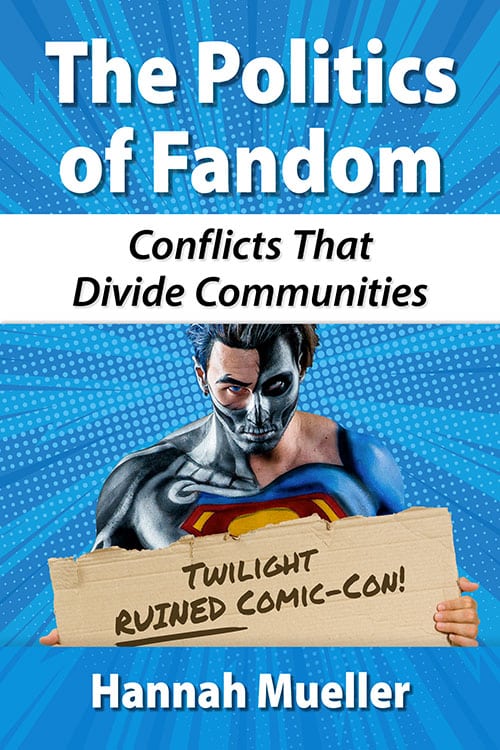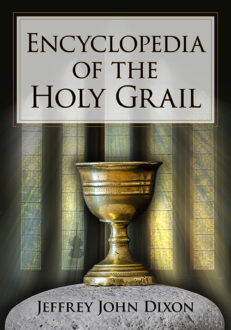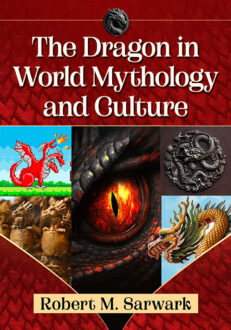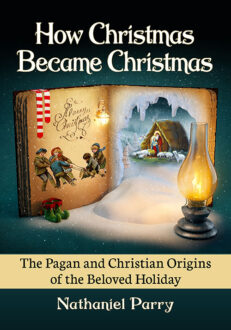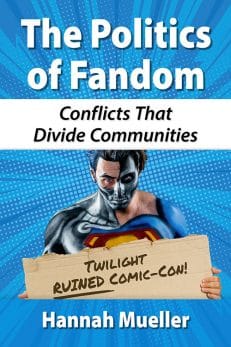The Politics of Fandom
Conflicts That Divide Communities
$45.00
In stock
About the Book
Fandom has been celebrated both as a harmonious, tolerant space and as apolitical and detached from reality. Yet fandom is neither harmonious nor apolitical. Throughout the past century, fandom has been shaped by recurring controversies and sparked by the emergence of new circles, platforms and discourses. Since the earliest days of science-fiction fandom, fans have conceived of their communities as quasi-political bodies, and of themselves as public actors in discursive spaces. They are concerned with the organizational structures, norms, and borders of fandom as well as their own position within it all. This latter concern has moved to the forefront as fan practices and platforms have been coopted by the entertainment industry and by political actors, forcing fans to situate their fannish and political identities in relation to both sprawling transmedia franchises and right-wing groups exploiting fannish formations for political ends. Through case studies of Glee and The Hunger Games fandoms as well as events such as Gamergate, RaceFail ’09 and the Hugo Awards controversies, this book explores the complexities of political fandom.
About the Author(s)
Bibliographic Details
Hannah Mueller
Format: softcover (6 x 9)
Pages: 223
Bibliographic Info: notes, bibliography, index
Copyright Date: 2022
pISBN: 978-1-4766-7600-5
eISBN: 978-1-4766-4355-7
Imprint: McFarland
Table of Contents
Acknowledgments ix
Fandom Divided: An Introduction 1
Platforms and Conventions: (Hi)stories of Conflict and Community
1. “Preserving harmony in all the fan field”: The Great Exclusion, the Breen Boondoggle and the Debate Over Community 18
2. “For the first time, we got to do some shouting back”: RaceFail ’09, or: Journal-Based Fandom as Alternative Public Sphere 48
3. “Yep, the Hugo award might be RUINED!”: Geek Masculinity, Puppygate and the Reputation of the Hugo Awards 80
Fiction and Reality: Between Transmedia Marketing and Social Critique
4. “A Loser Like Me”: A Community of Outsiders, Fan Activism and Transmedia Marketing in Glee Fandom 112
5. “We Are the Districts”: Fans’ Reactions to Lionsgate’s Hunger Games Transmedia Marketing Campaign 141
The State of Fandom: An Outlook 167
Chapter Notes 173
Bibliography 193
Index 211
Book Reviews & Awards
• “In The Politics of Fandom: Conflicts That Divide Communities, Hannah Mueller deftly adds to our understanding of the darker side of fandom by taking a historical perspective to analyze significant conflicts in fandom history and the impact of those conflicts on the course of their specific fandom’s history, as well as the overall trajectories of fandom and fan studies. Through in-depth analysis of these case studies, Mueller crafts sound arguments that simultaneously counter and complicate the general narrative of the progressiveness of fandom and fans. Doing so is necessary for fan studies to better understand fans, fan communities, and fandom by confronting the conflict and negative aspects associated with fans. Fandom is not wholly good or bad, to be celebrated or demonized. Fandom’s complexity lies in humanity’s complexities. Mueller’s work in this book helps us understand how complicated fandom is and always has been in order to assist fan studies address the problems of our world.”—CarrieLynn D. Reinhard, Professor, Dominican University
• “The Politics of Fandom makes a powerful argument for the politics of fan studies, expertly analyzing transformative fandom as an alternative public sphere, and brilliantly exploring fan-organized activism and transmedia marketing. Hannah Mueller historicizes conflict within fan communities at the same time as speaking eloquently to today’s issues and concerns surrounding fan politics. If fandom is a battlefield, then great books like this are still the best weapons in the world.”—Professor Matt Hills, University of Huddersfield, UK.

